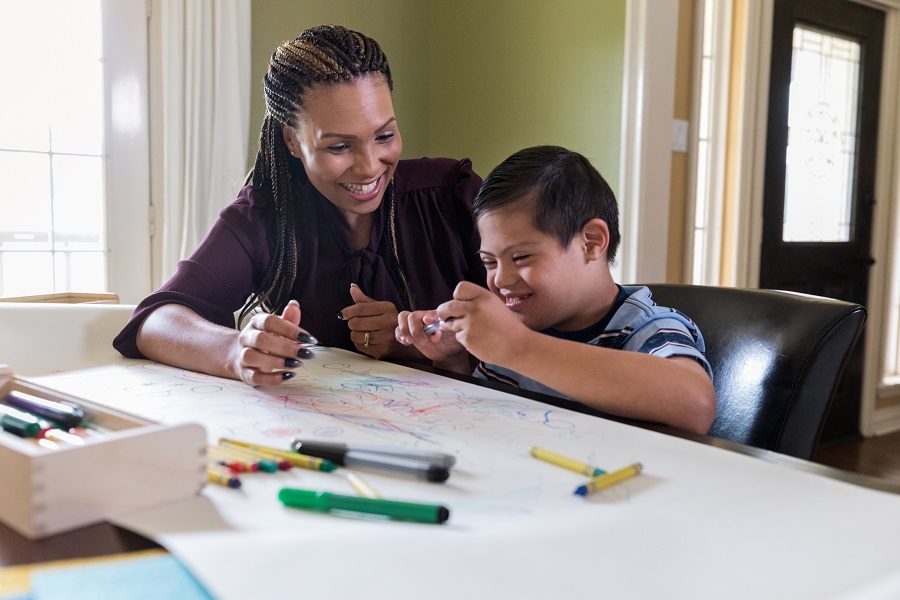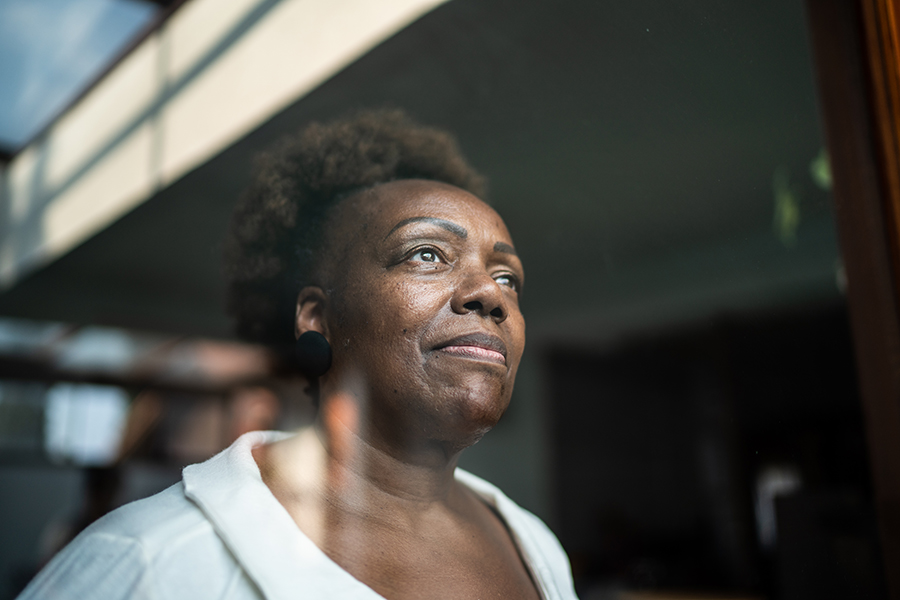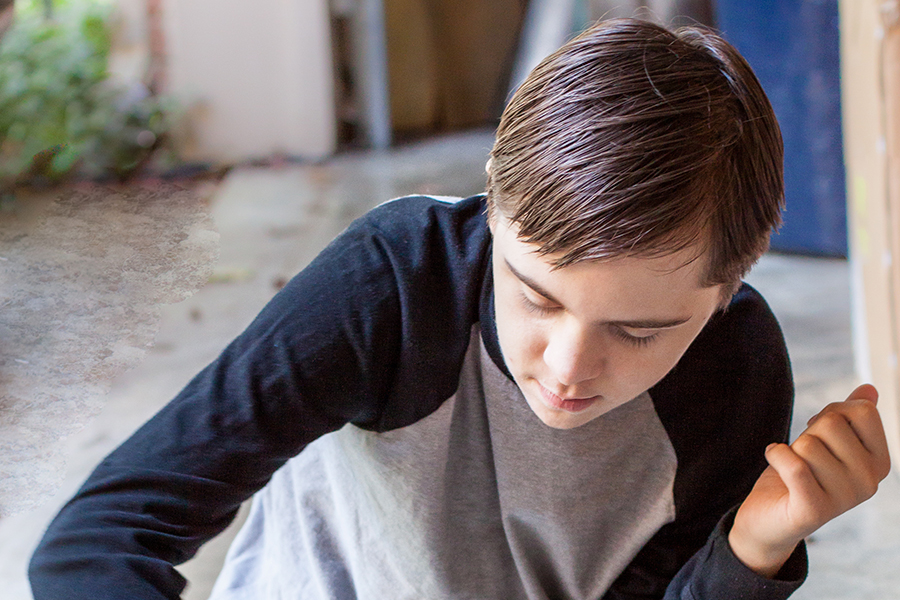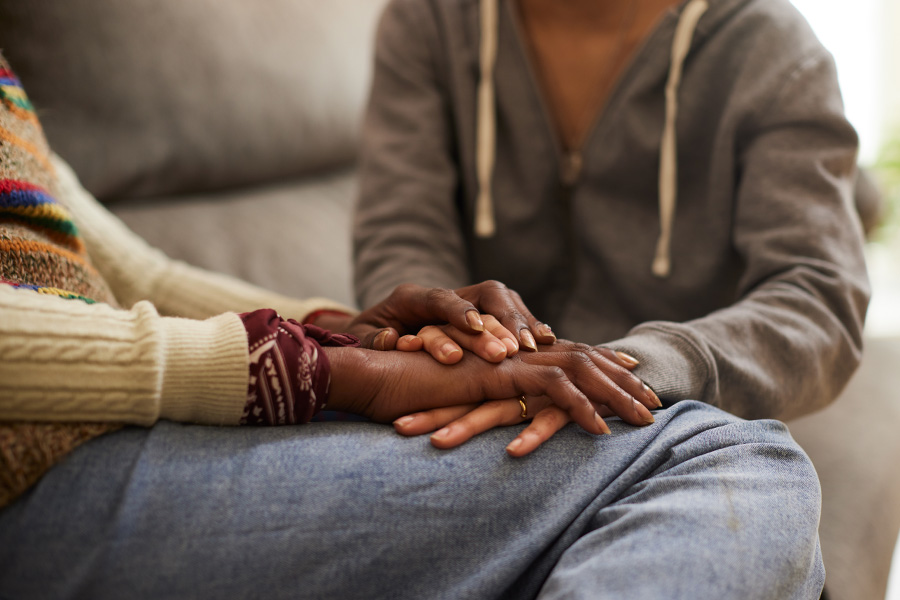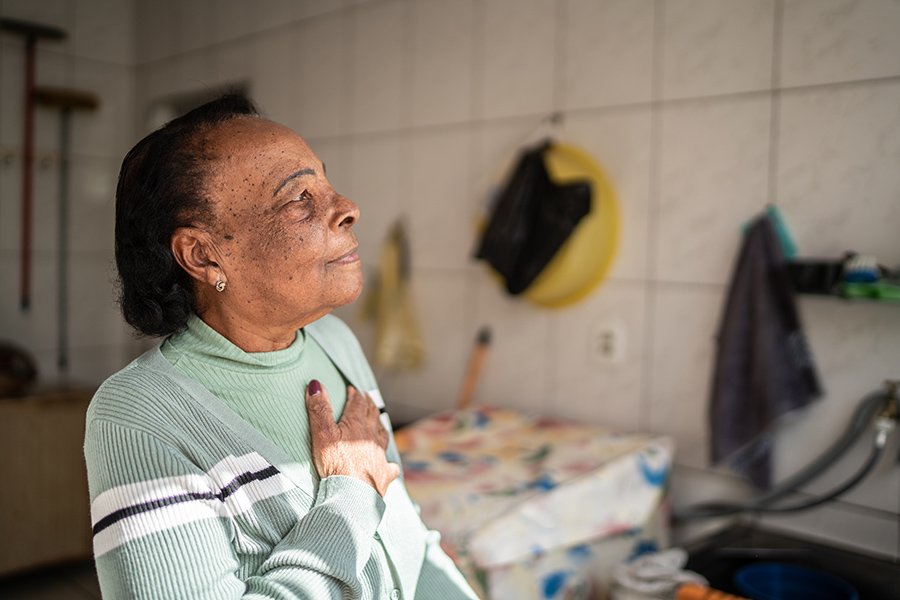Over the years, I’ve worked with many parents who have children with meltdowns or behaviors that are overwhelming and constant. Parents often come to me with the question of, “How can I change my child?” My answer is usually not that gratifying in that my approach is to focus on what the child needs and is trying to communicate through the meltdowns and behaviors. The focus becomes shifted, sometimes, from the child to the parent and I ask:
How are you interpreting your child’s behavior?
How were you parented?
What are your expectations for parenting?
This requires self-reflection because our responses to our children come from inherent expectations that we hold that are guiding the “vision” of how our children are supposed to respond to us. Many parents answer that question by stating that their child is manipulative, intentionally behaving in this awful way, or trying to make parent’s lives difficult. My response is always this:
“No child ever wakes up and decides that today is the day he or she is going to flip a desk or have a significant meltdown. Your child needs something and can’t tell you what that is. It’s your job to figure out what that is and to give it to your child.”
There are many reasons why your child may be melting down:
- Anxiety
- Sensory Processing Disorder
- Central Auditory Processing Disorder
- A learning disability
- Being bullied
- Poor emotional regulation due to ADHD or Autism
- Poor match with a school teacher
Our task becomes figuring out what is triggering our child, and modifying our response and the environment in order to meet our child’s needs. And most importantly, please remember that a basic underlying need for all of us humans is the need to be heard, acknowledged and validated in our emotions and experiences.
Let’s return to our original question – why do our children trigger us, as parents?
My Child’s Anxiety Triggers My Anxiety
As an anxious parent myself, I know that when one of my children has a meltdown, I become very anxious because my anxiety is being triggered by their anxiety. No parent wants their child to suffer. As an anxious parent, you may not be aware how much of your anxiety is spilling over into your daily home environment. Think about the statements you make and the rules that you have created. How many are created around anxiety? How many times have you heard yourself say, “Don’t go outside alone because you may be kidnapped?” How many times have you said something like, “Don’t do that. You’ll get hurt.”
Some of our statements are valid in that our child or children don’t need to run around with a scissor or sharp object, but how many of our rules are set around not wanting to get hurt? Or how many of our rules are the rules that were set for us with no real purpose? My mother was and is an anxious person. Her anxiety over illness, injury and cleanliness were a daily part of my life. I challenge my thoughts and rules on a daily basis because I can still hear my mother’s voice making claims about not trying things for fear of getting hurt or lost. Those are her fears, not mine, and I don’t want to perpetuate those fears from one generation to another.
When your child melts down, I ask you to stop and think about what is being triggered for you as a parent. Are you feeling anxious? Are you worried that your parent would never approve of your child’s behavior? Are you worried what other parents might think of your child’s behavior? If so, take a few deep breaths and don’t respond right away. Acknowledge your anxiety so that it doesn’t color your child’s experience. Calmly approach your child and stand or sit by him and rub your child’s back or arm. Ask, “How can I help you right now?” rather than shouting, “Stop!” or “Go to your room!”
Rather than mirroring your child’s high affect, counteract it with low affect and a sense of calm. This will help to ground your child and use your calm to self-regulate.
We Feel Out of Control
Anxious people don’t like to feel out of control. As parents, we may have created routines and schedules that help us to predict our day and the series of events that the day and evening hold. When a child has a meltdown, that’s not a part of the routine that we planned for. A child’s meltdown causes us to feel out of control. So, we may try to squelch that meltdown or those out-of-control feelings with responses that ultimately lead to even more intense meltdowns or more meltdowns in the future.
It’s true, we can’t predict our child’s reactions to the world and sometimes, they will be inconvenient or overwhelming for us given our day’s events. Once again, pause and acknowledge that you feel out of control when your child is melting down and own that this is your feeling, not your child’s. Once again, approach your child with calm and a low voice. Don’t try to fix but rather listen and validate your child with statements, such as:
- I’m sorry you’re having a hard time
- You seem frustrated
- This is frustrating
- Can I sit here with you?
- Is there something we can do together to make this better?
Avoid statements that are shaming or blaming. Sometimes the best thing you can do for your child is to validate and do nothing.
Our Children are a Reflection of Us
Anxiety is known for breeding immense daily feelings of shame and guilt. How many of us came into parenthood with the expectation that our children would listen to us right away, respond to us positively every time and be happy little people because of the amazing life we are providing for them? Well, that’s what I thought, and I couldn’t have been more inaccurate!
Our children become a reflection of us as people, our abilities, and our character. We birthed our children into this world, but we do not own them. Our “job” as parents is to allow our children to become the people they are and were destined to be. Trying to shape our children to be the star athlete that we were or wished to be, or the talented pianist that we never became is not a part of the job description. Instead, sit back and take note of your child’s natural strengths and proclivities. Is your child interested in the arts? Gymnastics? Science?
Recognize and help your child to build her areas of interest and natural talent. Acknowledge your expectations or hopes that you have for your child and assess how much is yours and not your child’s. What are you, as a parent, pushing your child into or avoiding? How much of this is yours or the agenda that your parents had for you?
Our children also become a source of pride or embarrassment for us, as parents. We may unconsciously want our children to shine in ways that are important to us as a way of reflecting our success in parenting and as humans. Our children did not come into this world to validate us or help us to compensate for our weaknesses.
Whose critical voice are you hearing in your head when your child has a meltdown at a birthday party or playground? Be aware of that voice and attempt to change that message to:
- It’s okay if my child is having a hard time
- Meltdowns are okay
- It’s not my fault
- I’m not a bad parent
- My child is not intentionally giving me a hard time
*************************
Parenting is, by far, the hardest job I will ever have. Our children’s needs are constantly changing as they develop and grow. Each of our children may have different needs even though they all came out of the same womb. Their struggles often highlight the areas where we need to grow as people too. There is no handbook or reference book with guidelines so make your own and acknowledge how and why your child triggers you so that you can guide your child during times of struggle.









